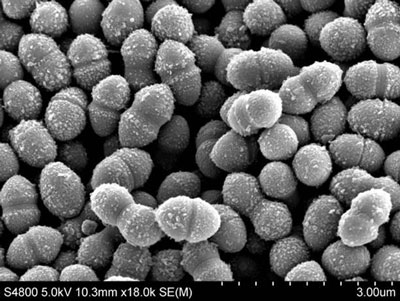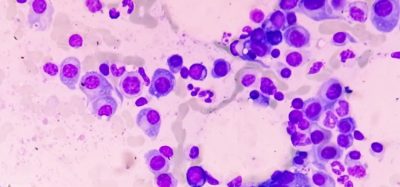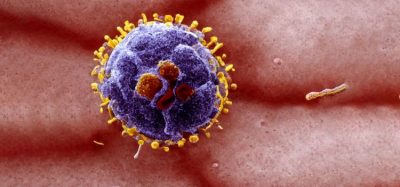Scientists identify bacterial link with oesophageal cancer
Posted: 1 December 2017 | European Pharmaceutical Review | No comments yet
Researchers at NYU Langone Health’s Perlmutter Cancer Center report that at least three kinds of bacteria in the mouths of Americans may directly affect their risk of developing oesophageal cancer.


Analysis of data from two national studies involving more than 120,000 patients found a 21 per cent increased cancer risk tied to the presence of Tannerella forsythia – bacteria commonly linked to gum disease. By contrast, types of Streptococcus and Neisseria bacteria were associated with as much as a 24 per cent decrease in risk for oesophageal cancer. Neisseria are known to break down the toxins in tobacco smoke and smokers are known to have lower amounts of these bacteria in their mouths than non-smokers.
Getting specific
The bacterial population in our mouths – altered by smoking, heavy drinking, diet, and gum disease or gastric reflux – has long been thought to influence risk of oesophageal adenocarcinoma or squamous cell carcinoma, say the researchers. However, this new study, which monitored healthy patients for up to 10 years, is the first to identify which specific bacteria – among the nearly 300 kinds commonly found in the mouth – are statistically linked to the risk of contracting either of the two most common forms of the disease.
Commenting on the value of the findings of this research, Jiyoung Ahn, PhD – senior study investigator and epidemiologist – said: “Our study brings us much closer to identifying the underlying causes of these cancers because we now know that (at least in some cases) disease appears consistently linked to the presence of specific bacteria in the upper digestive tract,”
“Conversely, we have more evidence that the absence or loss of other bacteria in the mouth may lead to these cancers, or to gut diseases that trigger these cancers.”
The researchers emphasised that their findings do not demonstrate that the bacteria directly cause or prevent oesophageal cancer.
Cancer of the oesophagus, or gullet, that connects the mouth and stomach is a top-10 cause of cancer death in the United States, killing around 13,000 annually – mostly men.
Study participants were men and women already enrolled in the National Cancer Institute Prostate, Lung, Colorectal and Ovarian Cancer Screening Trial, and the American Cancer Society Cancer Prevention Study II Nutrition Cohort. All were between the ages of 50 and 75, and were considered healthy and cancer free when they enrolled in either study and had the bacteria in their mouths sampled.
Among study participants, 106 developed oesophageal cancer. The bacteria in the mouth of each of these patients at the beginning of these studies were compared to those of another study participant of similar age, sex, and race who remained cancer free.
It is hoped that these findings may lead to guidelines to aid physicians in the risk assessment and early detection of oesophageal cancers. Ahn is an Associate Director of Population Science at Perlmutter and an Associate Professor in the departments of Population Health and Environmental Medicine at NYU School of Medicine.
“Early diagnosis could really help because oesophageal cancers are often diagnosed in the later stages when the disease is harder to treat,” says Ahn.
Postdoctoral fellow and study lead investigator Brandilyn Peters, PhD, says the team next plans to study whether use of probiotic pill supplements could be used to alter the oral microbiome and possibly decrease oesophageal cancer risk.
Further plans include analysing the main biological functions of some bacteria in the mouth to see how these metabolic pathways may influence cancer risk. Further studies are planned to investigate fungi and various viruses in the mouth to see if they may also influence the onset of oesophageal cancer.
Related topics
Anti-Cancer Therapeutics, Microbiology, Preclinical Research









